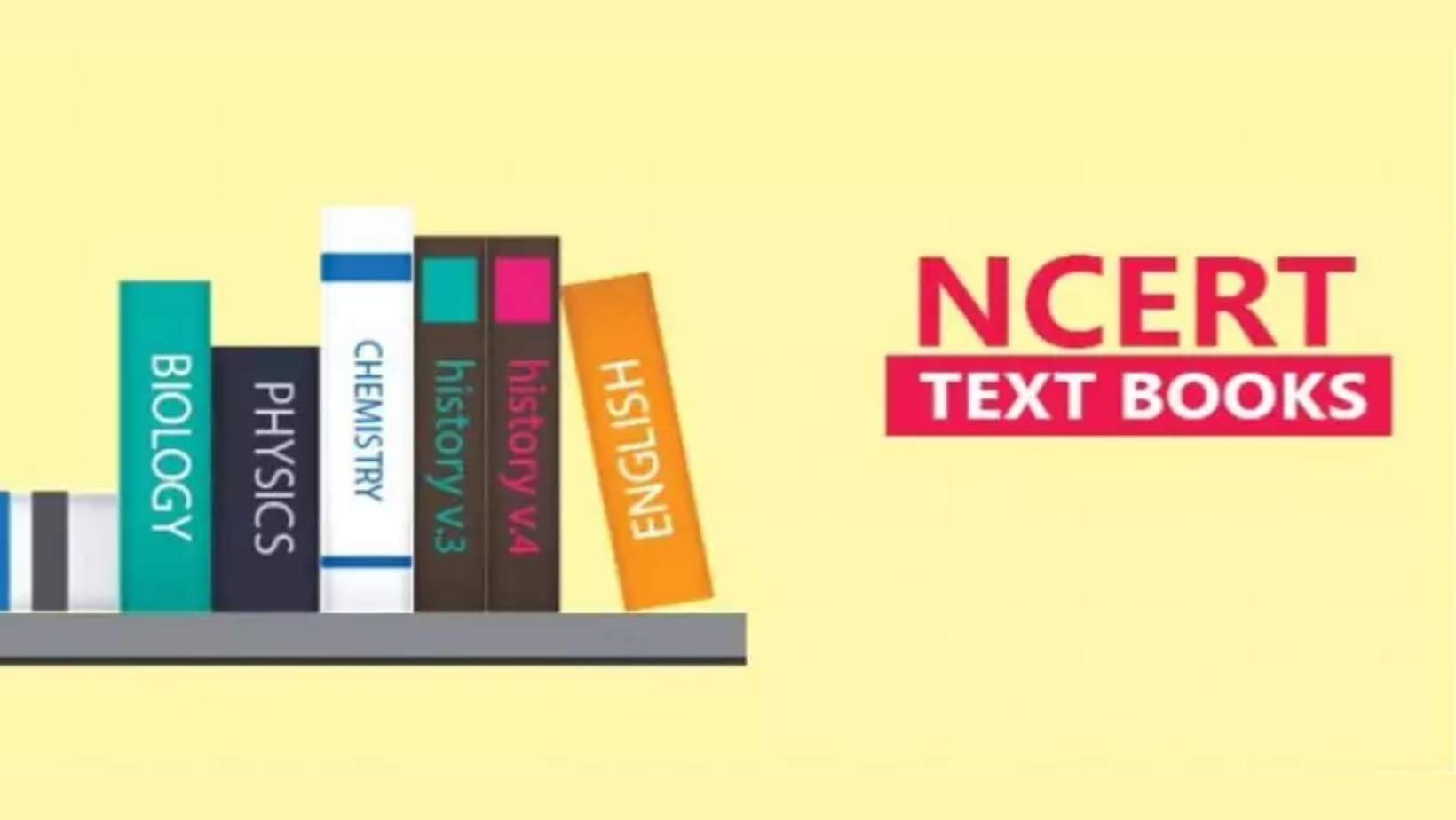New NCERT Books Set to Transform Education in 2025-26 Academic Session

New Delhi, March 28, 2025 – The National Council of Educational Research and Training (NCERT) is gearing up to roll out a fresh set of textbooks for the 2025-26 academic session, marking a significant step in aligning India’s school education with the National Education Policy (NEP) 2020 and the National Curriculum Framework for School Education (NCF-SE) 2023. These updated books, targeting Classes 4, 5, 7, and 8, promise a revamped curriculum with reduced content load, increased focus on activities, and a 20% price reduction, making quality education more accessible to millions of students across the country.
A Phased Rollout with Bridge Courses
NCERT has adopted a phased approach to introducing these new textbooks. Following the successful release of updated books for Classes 1 and 2 in 2023-24 and Classes 3 and 6 in 2024-25, the council is now focusing on Classes 4, 5, 7, and 8 for the upcoming academic year. To ensure a smooth transition from the old syllabus to the new one, NCERT has introduced mandatory bridge courses. According to NCERT Director Professor Dinesh Prasad Saklani, a 30-day bridge course will be implemented for Class 5 students, while Class 8 students will undergo a 45-day course. These courses aim to familiarize students and teachers with the revised pedagogical approach and content structure.
“The bridge courses are designed to bridge the gap between the old and new curricula, ensuring students adapt seamlessly to the changes,” Professor Saklani said in a recent statement. A similar initiative was piloted for Class 6 in April 2024, receiving positive feedback from educators.
Curriculum Changes: Lighter, Activity-Based Learning
The new textbooks reflect NCERT’s commitment to reducing academic burden while enhancing conceptual understanding. The content has been rationalized to eliminate redundancy, with a greater emphasis on hands-on activities and real-world applications. For instance, the revised mathematics and social science books for Class 6, introduced in 2024, faced initial criticism for lacking depth in topics like decimals, algebra, and historical details. Responding to feedback, NCERT plans to add supplementary chapters to these subjects in the 2025-26 editions.
Professor Manjul Bhargava, co-chairperson of the National Syllabus and Teaching Learning Material Committee (NSTC), emphasized the interdisciplinary approach of the new books. “We’re connecting science and mathematics with arts and music, making learning more engaging and holistic,” he said. This aligns with NEP 2020’s vision of fostering creativity and critical thinking over rote memorization.
Affordability and Accessibility Boost
In a major win for students and parents, Union Education Minister Dharmendra Pradhan announced in December 2024 that NCERT textbooks will see a price reduction starting in 2025. With the council tripling its printing capacity from 5 crore to 15 crore books annually, economies of scale have enabled a 20% price cut for Classes 9-12, while prices for Classes 1-8 will remain capped at Rs 65 per copy. “This ensures no financial burden on parents while maintaining quality,” Pradhan stated.
Additionally, NCERT’s partnership with Amazon India, formalized in October 2024, has expanded textbook availability. Original NCERT books are now accessible at the Maximum Retail Price (MRP) across nearly 20,000 pin codes, with a dedicated online bookstore ensuring timely delivery. The collaboration also facilitates bulk orders for schools and government agencies, curbing the circulation of pirated copies—a problem highlighted by a recent seizure of counterfeit books in Agartala in February 2025.
Local Flavor and Language Inclusion
The new textbooks will also feature region-specific content to make learning more relatable. For example, in Uttar Pradesh, books for Classes 3 and 6 now include chapters on the state’s unique cultural and historical aspects, a change implemented following inputs from state education boards. Furthermore, NCERT has developed 79 primers in local languages to support early education, reinforcing NEP’s focus on mother-tongue instruction.
Looking Ahead: Classes 9-12 by 2026-27
While the 2025-26 session focuses on middle school grades, NCERT is already working on updated textbooks for Classes 9-12, slated for release in the 2026-27 academic session. These books will incorporate advanced topics aligned with competitive exams and higher education requirements, addressing student concerns about outdated content in the current editions.
Reception and Challenges
The announcement has sparked a mix of excitement and cautious optimism. Educators welcome the activity-based approach but stress the need for adequate teacher training. “The delay in releasing Class 6 books last year left us with little preparation time. NCERT must prioritize logistics this time,” said Aman Kumar, a Delhi University academic. Parents, meanwhile, are relieved by the price cuts but await confirmation on the timely availability of books.
As the 2025-26 academic session approaches, the new NCERT textbooks signal a transformative shift in Indian education—lighter bags, richer learning experiences, and broader access. With the council addressing past critiques and leveraging technology for distribution, the stage is set for a curriculum that prepares students for a dynamic future.
